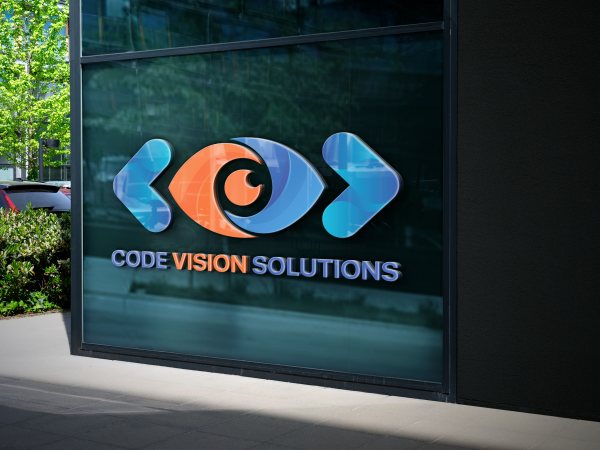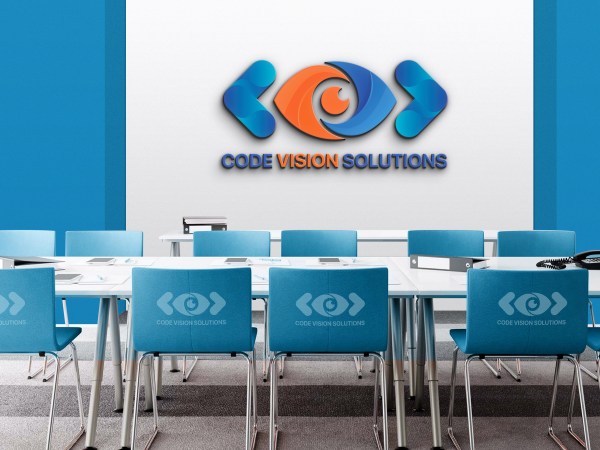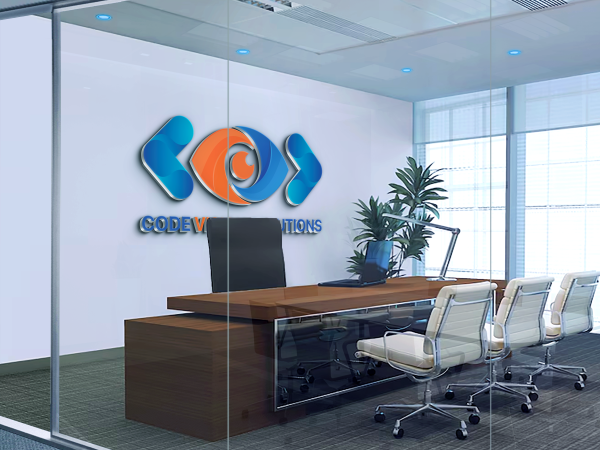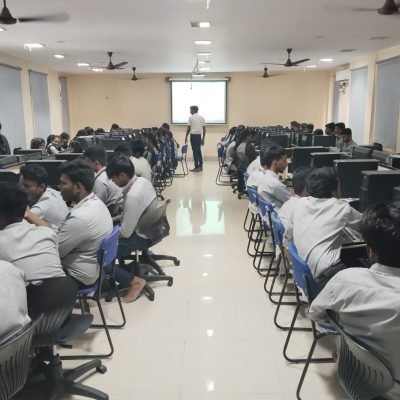Join the 'DevOps' Learning Programme.
Streamline development and operations with DevOps, fostering collaboration, automation, and continuous delivery for faster innovation.

Lorem Epsum
DevOps

DevOps bridges the gap between development and operations, revolutionizing the way software is built, tested, and deployed. By emphasizing collaboration, automation, and continuous delivery, DevOps ensures faster and more reliable software releases. This approach enhances productivity by automating repetitive tasks, integrating tools, and fostering a culture of shared responsibility. With DevOps, businesses can respond to customer needs rapidly and maintain high-quality standards. It empowers teams to innovate while minimizing downtime and errors. At Code Vision Solutions, our DevOps program equips you with in-demand skills to thrive in modern, agile environments. Learn to master CI/CD pipelines, monitoring, and cloud deployment.





Code Vision Solution
From This Program, You Will Gain

Expertise in CI/CD Pipelines
Learn to automate and streamline development workflows.

Cloud Deployment Skills
Gain hands-on experience with cloud platforms like AWS, Azure, and Google Cloud.

Monitoring and Automation
Master tools like Jenkins, Docker, and Kubernetes to optimize processes.

Collaboration Techniques:
Understand the integration of development and operations for seamless teamwork.
Get Placement Offer At:





Students Feedback
We have helped build 2100+ Careers
Structured Curriculum for Smooth Learning
Module 1: Introduction to Devops Programming
Overview of Programming Languages
Introduction to DevOps
Structure of a C Program
Compiling and Executing a C Program
Development Environment Setup (e.g., GCC, IDEs)
Module 2: Basic Concepts
Keywords, Identifiers, and Data Types
Constants, Variables, and Scope
Input and Output Functions (printf, scanf)
Operators:
– Arithmetic Operators
– Relational and Logical Operators
– Bitwise Operators
– Increment and Decrement Operators
– Assignment Operators
Module 3: Control Structures
Decision-Making Statements:
– if, if-else, else if
– Nested if Statements
– switch-case
Looping Statements:
– for, while, and do-while
– Nested Loops
– Infinite Loops
break, continue, and goto Statements
Module 4: Functions
Introduction to Functions
Function Declaration and Definition
Calling Functions
Parameter Passing:
– Call by Value
– Call by Reference
Recursion
Inline Functions
Module 5: Arrays and Strings
Introduction to Arrays:
– Single-Dimensional Arrays
– Multi-Dimensional Arrays
– Arrays and Functions
Strings:
– String Handling Functions (strlen, strcpy, strcmp, etc.)
– String Input/Output
– Array of Strings
Module 6: Pointers
Introduction to Pointers
Pointer Arithmetic
Pointers and Arrays
Pointers and Functions
Pointers to Pointers
Dynamic Memory Allocation:
– malloc, calloc, realloc, and free
Module 7: Structures and Unions
Introduction to Structures
Defining and Using Structures
Nested Structures
Arrays of Structures
Pointers to Structures
Unions and Differences from Structures
Enumerations
Module 8: File Handling
File Operations:
– Reading and Writing to Files
– fopen, fclose, fprintf, fscanf, fgets, and fputs
File Pointers and Modes
Random Access Files (fseek, ftell, rewind)
Command-Line Arguments
Module 9: Advanced Topics
Preprocessor Directives:
– Macros
– File Inclusion
– Conditional Compilation
Memory Management and Optimization
Bit Manipulation
Typedefs and Type Casting
Module 10: Data Structures in C
Introduction to Data Structures
Arrays as Data Structures
Linked Lists
Stacks and Queues
Trees and Graphs (Basic Implementation)
Sorting and Searching Algorithms
Module 11: Debugging and Best Practices
Debugging Techniques
Error Handling
Writing Modular Code
Commenting and Documentation
Code Optimization
Module 12: Projects and Case Studies
Basic Project Ideas:
– Simple Calculator
– Tic-Tac-Toe Game
– Student Record System
Advanced Projects:
– Mini Compiler
– File Management System
– Banking Management System
Real-Life Case Studies:
– Algorithm Design
– Performance Analysis
Additional Resources
Suggested Textbooks:
– The C Programming Language by Kernighan and Ritchie
– C: How to Program by Deitel & Deitel
Online Resources:
– Interactive Platforms (e.g., Codecademy, HackerRank)
– Practice Problems and Challenges (e.g., LeetCode, CodeChef)
Instructors

support and guidance
Frequently Asked Questions
What is DevOps?
DevOps is a set of practices that combine software development (Dev) and IT operations (Ops) to shorten the development lifecycle.
Who should join the DevOps program?
This program is ideal for developers, IT professionals, and anyone interested in automation, cloud deployment, and CI/CD practices.
What tools will I learn in this program?
You will learn tools like Jenkins, Docker, Kubernetes, Git, Ansible, and cloud platforms like AWS and Azure.
What is the duration of the DevOps program?
The program duration varies but typically ranges from 2 to 4 months, depending on the learning track.
Do I need prior experience in programming?
Basic knowledge of programming and Linux is recommended but not mandatory. Our program includes foundational sessions.
Will I work on real-world projects?
Yes, the program includes hands-on projects to give you practical exposure to DevOps practices and tools.
Your Future Starts Here.
Unlock the potential of DevOps to revolutionize your career in tech. Begin your journey to mastery with us today!




